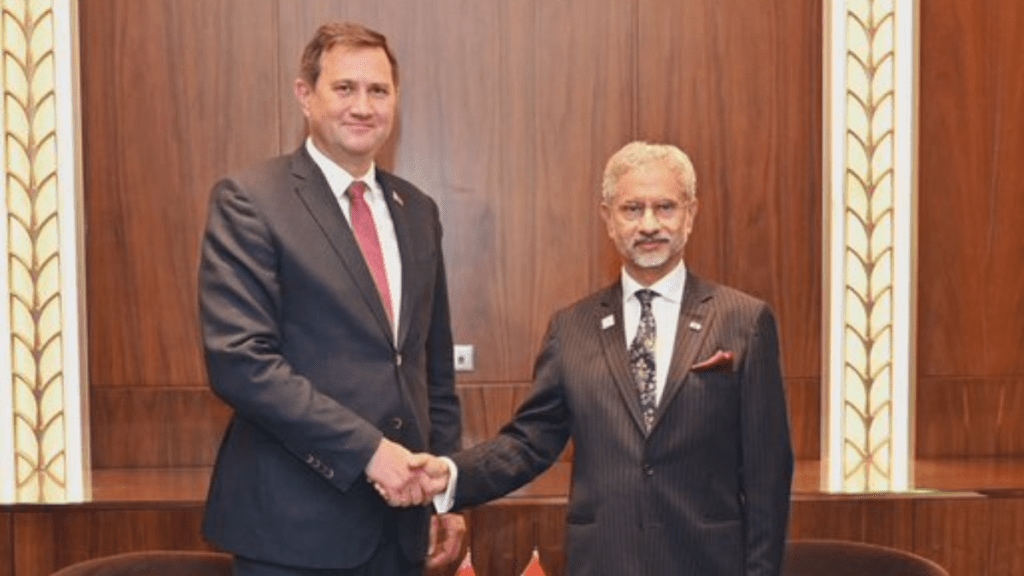In a significant geopolitical development, Belarus has become the 10th member state of the Shanghai Cooperation Organization (SCO). The announcement was made by Kazakh President Kassym-Jomart Tokayev during the SCO summit in Astana, marking a milestone for the organization that seeks to bolster regional security and cooperation.
Tokayev, addressing the heads of state at the summit, expressed his congratulations to Belarusian President Alexander Lukashenko and emphasized that Belarus had swiftly met all necessary requirements for full membership. This move highlights Belarus’s growing integration into regional alliances that counter Western influence.
Strengthening India-Belarus Ties
In conjunction with Belarus’s accession, Indian External Affairs Minister S Jaishankar met with his Belarusian counterpart, Maksim Ryzhenkov. The meeting underscored the bilateral relationship and explored potential future cooperation between the two nations. Jaishankar welcomed Belarus to the SCO, reinforcing India’s commitment to strengthening ties within the organization.
Evolution of the SCO
The SCO, established in 2001 by China, Russia, Kazakhstan, Kyrgyzstan, Tajikistan, and Uzbekistan, originally aimed to combat terrorism and enhance border security. Over the years, it has expanded its scope and membership, reflecting the strategic interests of Beijing and Moscow to challenge perceived US hegemony and reshape the international order to their advantage.
Kazakh President Tokayev noted the transformation of the SCO into one of the most influential and respected global entities. This sentiment was echoed by Russian Foreign Minister Sergey Lavrov, who highlighted Moscow’s enthusiasm for the active participation of Union State members in international processes.
Strategic Discussions at the Summit
The recent summit in Astana focused on several key issues, including the organization’s expansion and regional security matters. Kremlin spokesperson Dmitry Peskov confirmed that the desire of many countries to join the SCO would be a significant topic of discussion. He also emphasized that Belarus’s inclusion aligns with Minsk’s strategic interests and strengthens the SCO’s capabilities.
Russian President Vladimir Putin underscored the SCO’s role in promoting a fair, multipolar world order. He highlighted the deepening ties between Russia and China, describing their partnership as the strongest in history. Putin reassured that their cooperation is not targeted against any other nation but aims to serve the interests of their peoples.
Expanding Economic Cooperation
Economic cooperation remains a cornerstone of the SCO’s agenda. Chinese President Xi Jinping showcased this by presiding over a ceremony with his Kazakh counterpart to mark the departure of cargo along the Trans-Caspian International Transport Route, also known as the Middle Corridor. This route, which bypasses Russia, is seen as a vital alternative for Asia-Europe land transit and is heavily promoted by the West.
Security Cooperation
India has been proactive in enhancing its security-related cooperation within the SCO framework, particularly through the Regional Anti-Terrorism Structure (RATS), which focuses on security and defense issues. Since becoming a permanent member in 2017 alongside Pakistan, India has sought to deepen its engagement with the SCO to address regional security challenges.

